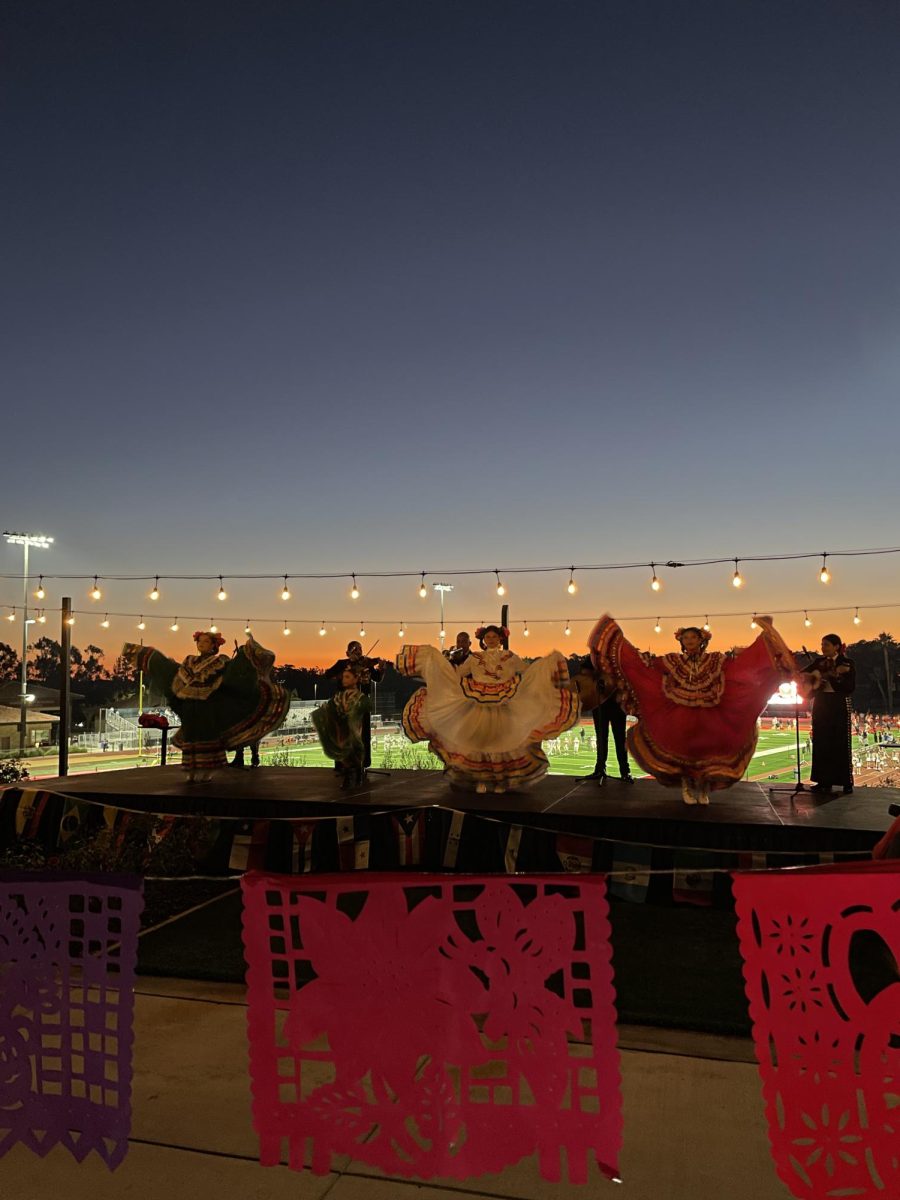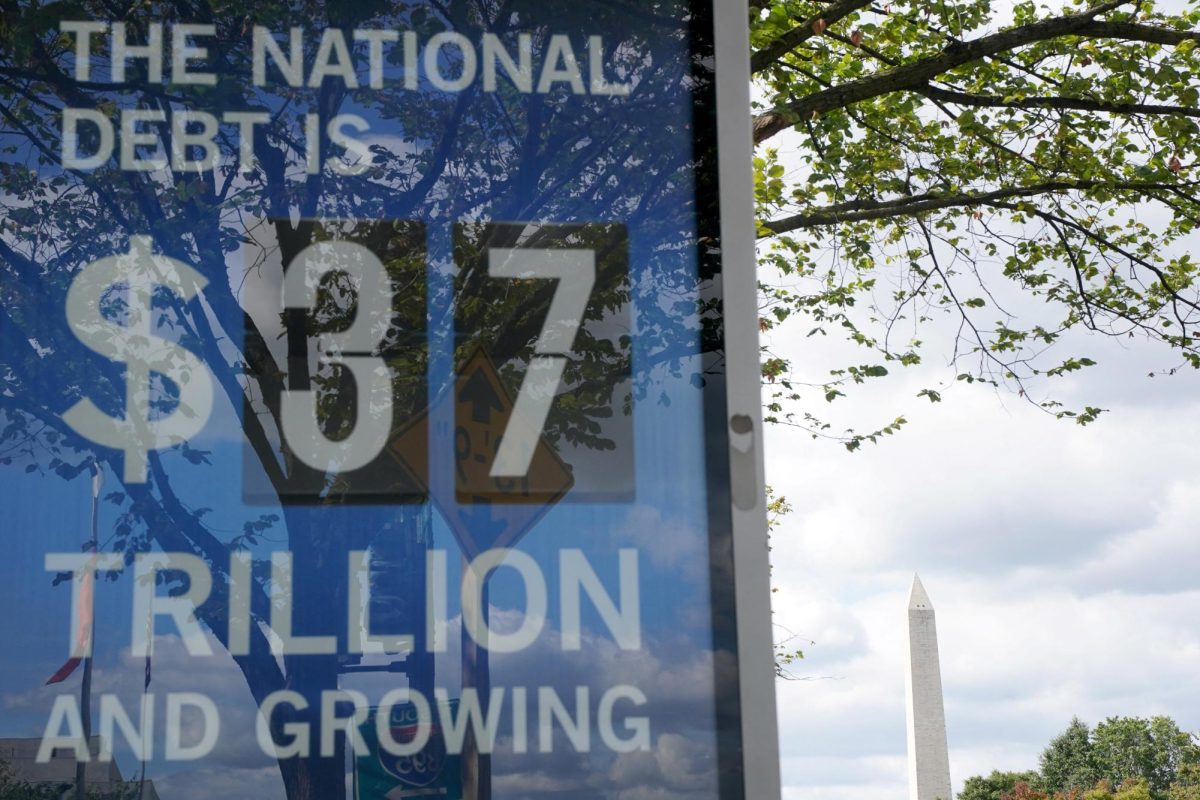Ban on Books Causing Ignorance
Book ban attempts reached a record high in the United States during 2022, the numbers continue to soar as we get further into 2023. Sheltering future generations from material which some feel should be censored has been a topic of controversy in recent times. Is book banning an attempt to protect our children, driven by our human nature? Or, Is it harmful, causing ignorance amongst topics of debate.
The challenge spreads all throughout the country, but clusters mainly in the south, Florida and Texas. Parents in Duval County, which includes Jacksonville, had a wake up call when they discovered that thousands of library books had been removed in their local libraries pending mass review, in early 2023.
House Bill 1467, which Ron DeSantis, Governor of Florida signed in March 2022, which mandates that all books (in libraries, on curriculums, on reading lists) undergo vetting by a “certified media specialist.” (The New Yorker)
On the web site for Duval County Florida public schools, a list of books nominated for removal from the district libraries between 1978 and 2009. The parents objected to particular books ranging from silly and heartfelt tales of adversity and family to sinister and violent.
Book bans typically run by politicians and advocacy groups, like Moms for Liberty have been advancing for years.
A PEN America paper published last year records 2,532 instances of book banning in thirty two states between July, 2021, and June, 2022. The targets of these bans range from Pulitzer prize winners, Including Toni Morrison’s Pulitzer prize winner, “Beloved”, to children’s picture books.
The most frequently banned books are those of the “young adult” genre. Most of these books cover the typical awkward lessons learned as a teen including, puberty, sexuality, and mental health. However, many members of the states of Florida and Texas feel that it is not content children ages 12-18 should consume.
Many right sided individuals on the political spectrum, in their opposition to gun control, climate science, food stamps, public education, and other social services, feel that their children should be protected from public information.
“I think book banning is fear mongering and fascist” says teacher Joe Filliponi.
PEN America reports 1,648 titles by 1,261 different authors, 290 illustrators, and 18 translators, impacting 1.553 artists altogether.
the 1,648 banned books, 674 address LGBTQ+ themes, 659 have people of color in power, Among338 books address racism, and 357 books address sexual experiences much like teen pregnancy. 64 more books were banned when they address activism, 141 are autobiographies , 64 books include other faith traditions that are not christian. (PEN America)
PEN America estimates that 40 percent of bans are connected to political pressure or legislation. (PEN America)
What started as an activity to keep books modest in schools has grown into a social and political movement. The majority of book bans target LGBTQ+, characters of color, racism, or sex education, many topics that are crucial to be informed on as a child is aging.
The creation of book bans can be seen as an innocent and deeply human way of attempting to protect our children and loved ones. Parents are the line of defense for their children when inappropriate material is present. Parents are entitled to address what is inappropriate for their families. 40% of banned books did contain explicit violence, said Connect Us Fund. Censorship of violence can reduce hate speech especially in young moldable minds. Book Bans can also give parents an opportunity to discuss these very modern challenges they may experience.
Knowledge is our real life superpower, but it can also cause us to age prematurely. A key trait of children is innocence. Wishing to protect our children is a reality for parents. To protect them from the real, harsh world. Kids mature at different rates, at some point they will be able to advocate for themselves, especially when it comes to reading choices.
However, the book ban movement is undemocratic. The movement’s goals are to impose restrictions on all students and families based on the preferences of those who seek the ban. Polls consistently show that most Americans, ranging from all over the political spectrum, disagree with book bans. The ban has many different sides, parents should be able to protect their children, but at what cost? It does not give them the right to withhold that information from all children. Students have a right to access a range of diverse stories, especially those of historical reference.
Children who are marginalized can gain power from seeing themselves represented. The negative effects are reflected across children, families, schools, and educators. For parents who want to raise their kids to discover and have the freedom to read, the protective nature can be harmful.
Book bans cannot be a historical event to relive, if the United States wishes to achieve the level of education and community we strive for, book bans cannot be our reality.




















































